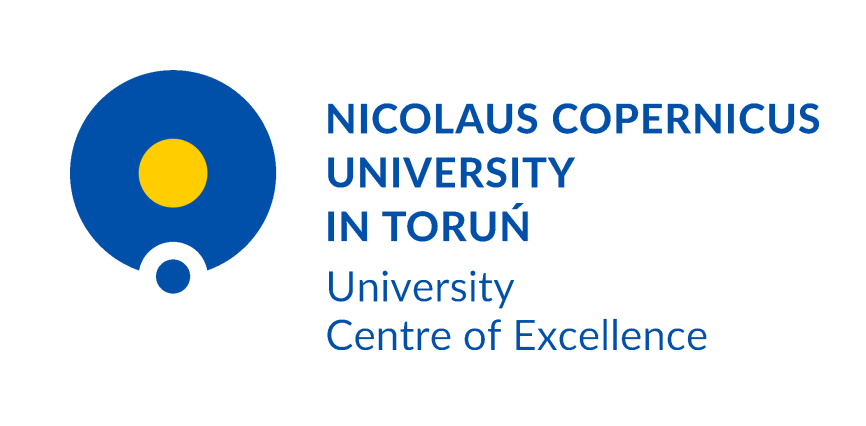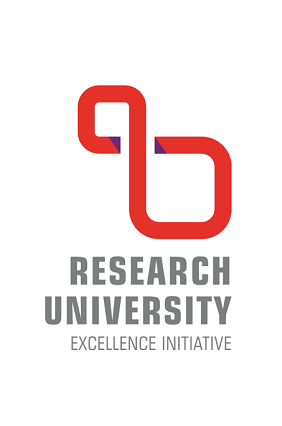Neuro-informatics and Artificial Intelligence
| Publications | Grants | Seminars | Participations |
Neuroinformatics is a highly interdisciplinary, rapidly developing field that combines brain research and artificial intelligence. In both of these fields, huge financial investments are planned all around the globe. The goal of neuroinformatics is to integrate and analyze diverse brain-related data across many spatial and temporal scales, develop methods to understand the brain, and apply results to improve the health and well-being of the society. This requires the use of machine learning models of brain processes, and provides inspirations to build better artificial intelligence algorithms. Neuroinformatics is on the threshold of deep understanding of brain functions, including first objective neuromarkers based on analysis of fMRI (functional Magnetic Resonance Imaging) and EEG/MEG (electro/magneto-encephalography) data that can be used for diagnosis of various mental disorders, such as autism, schizophrenia, obsessive-compulsive disorder (OCD) or depression.
Our work is currently focused on:
- foundations of understanding brain cognitive processes, using network neuroscience, connectomics, signal processing, and brain modeling (Computational Neuroimaging Team);
- searching for fingerprints of brain cognitive activity using EEG/MEG and neuroimaging data, and developing methods for analysis of such signals using machine learning methods;
- using biofeedback methods based on heart rate variability (HRV) and EEG signals;
- developing gaze-controlled applications and eye tracking methods that help people with various disabilities, designing and developing therapeutic games for cognitive training of pervasive developmental disorders (such as autism spectrum disorders).
We have recently acquired modern equipment that allows for conducting experimental research using neuromodulation techniques (TMS, DCS). This work should facilitate collaboration with clinical psychologists and psychiatrists in projects aimed at neurorehabilitation, such as diagnosis and therapy of chronic and psychosomatic pain perception.
We have a strong collaboration with several international research groups in many countries (see “Collaboration”).


 ul. Gagarina 11, 87-100 Toruń
ul. Gagarina 11, 87-100 Toruń